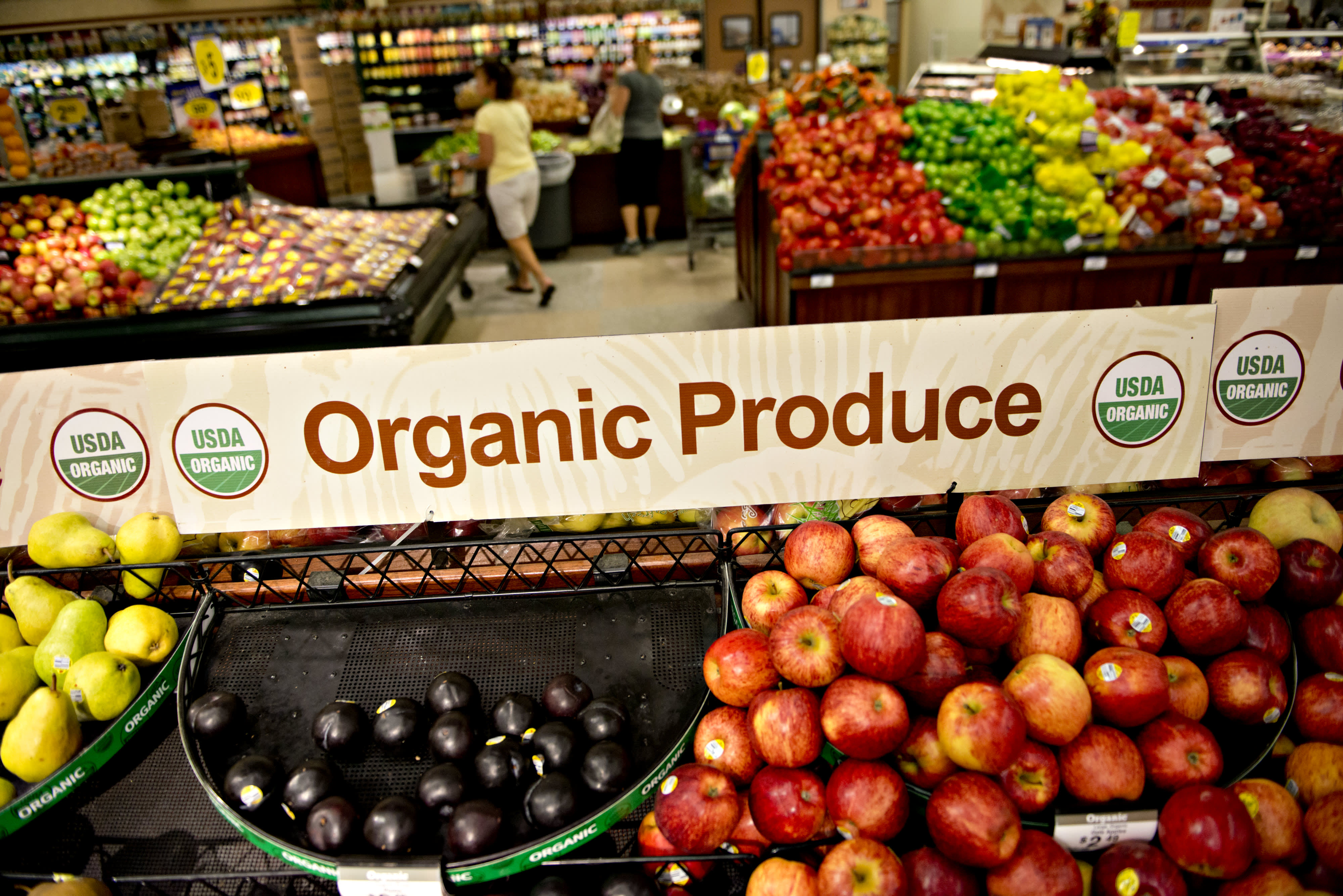Kroger CEO Rodney McMullen told CNBC on Thursday that he does not anticipate problematic food inflation in 2021, although he warned that monthly prices could be volatile.
“For the whole year, we expect inflation to stay at 1% to 2%, which is a pretty normal number,” said McMullen in “Closing Bell”.
The perspective of the supermarket sector executive corresponds to the food price forecasts at the Bureau of Labor Statistics Consumer Price Index. McMullen’s comments come at a time when the topic of inflation across the US economy is in focus.
Wall Street has been paying attention for weeks to the increase in the 10-year reference Treasury yield, which was around 1.547% on Thursday. The yield was below 1% at times in January, but has increased due to expectations of a strong economic recovery from the coronavirus pandemic, in addition to a potential acceleration of inflationary pressures.
Federal Reserve Chairman Jerome Powell said on Thursday that he expected to see “some upward pressure on prices” but signaled that he did not believe they would be long enough for the central bank to raise interest rates. The Fed cut its overnight fund rate target range to almost zero last March as the pandemic intensified.
“We hope that as the economy reopens and, hopefully, recovers, we will see inflation rising through base effects,” Powell said on Thursday at the Wall Street Journal Jobs Summit.
With regard to supermarket prices, McMullen said there may be variability, especially when compared to 2020 levels during the early parts of the pandemic.
“If you look at the second quarter of last year, we had a huge inflation in the meat,” said McMullen, which happened after the health crisis led to the closing of slaughterhouses.
“This year, we expect to have a very large deflation, so when you look at it in general, we are still at the 1% to 2% estimate, but it will be very bumpy along the way,” said McMullen.
Kroger’s shares closed up 2.5% on Thursday, to $ 34.09 each. The company released fourth quarter results earlier in the day, beating analysts’ estimates of $ 0.81 earnings per share. Quarterly revenue of $ 30.74 billion fell short of Wall Street’s forecast of $ 30.86 billion.
